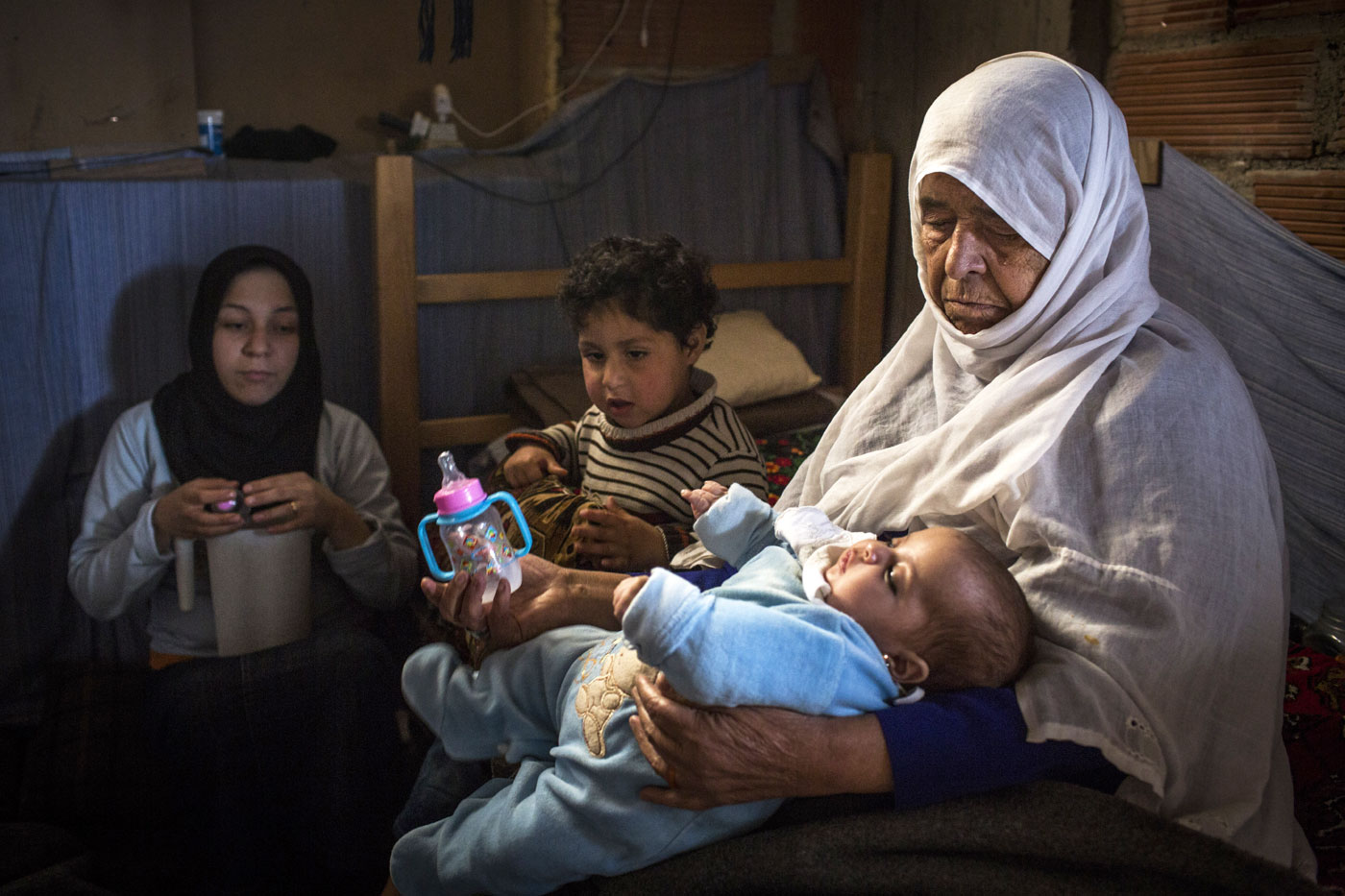1- What is zakat?
Obligatory Alms (zakat) is the amount of money Muslims are required to pay as an obligatory alms tax known by its Arabic name "zakāt." Zakat is taken from specific sources of wealth and given to specific categories of recipients. The specific sources of wealth include livestock, savings, trade goods, crops, and minerals. The 8 categories of eligible recipients for zakat are mentioned in the Quran: "Alms are only for the poor and the needy, and those who collect them [zakat], those whose hearts are to be reconciled, captives, debtors, in the cause of Allah, and wayfarers..." (Quran 9:60).
2- Why should I give my zakat to UNHCR?
Your zakat is an action of solidarity with a community very much in need of our collective support. In this case, UNHCR will act as an intermediary or agent to deliver your zakat to the most vulnerable families in order to meet their most basic needs. Your entire money (100%) will directly go to refugee pockets without any deductions.
UNHCR is the only international agency mandated to protect the world’s 20 million refugees
UNHCR leads the international action to protect people forced to flee from coflict
UNHCR is present in 126 countries and can deploy assistance within 72 hours of a refugee emergency
UNHCR is the only agency providing cash assistance through innovative means such as IRIS scan
3- Is it Islamically permissible/compliant to give my zakat to UNHCR?
Five top Islamic scholars and institutes authorised UNHCR with legal fatwas to collect and distribute zakat directly and entirely to refugees with three main conditions to comply with. UNHCR is adhering to the conditions set by the scholars. For further details please read the fatwa report here.
4- Who gave the fatwa/permit for UNHCR to collect zakat on behalf of refugees?
UNHCR sought the assistance from a reputable Islamic research organization (Tabah Foundation for research and consultation) to provide guidance on how to collect and distribute zakat as per Islamic law. Tabah Foundation's Chairman Habib Ali al-Jifri sent queries to leading muftis and fatwa centres in the Arab and Muslim worlds. For further details please read the fatwa report here.
5- How can I donate?
There are two options to donate your Zakat:
a- Online via trusted site: https://donate.unhcr.org/gu-en/zakat
b- Bank transfer:
Beneficiary: UNHCR Voluntary Funds
Beneficiary Bank: Bank: UBS AG
Beneficiary Bank Address: Case Postale 2770, 1211 Geneva 2, Switzerland
Clearing number: 240
Swift Code: UBSWCHZH80A
Account #: D710 0000 5
IBAN #: CH79 0024 0240 D710 0000 5
Currency: USD
Reference or description: "Zakat Lifeline Campaign"
(please make sure to include it so that your donation goes directly to the cause)
6- What is the cash assistance programme?
The cash assistance programme provides emergency cash grants to the most vulnerable families on monthly basis, allowing UNHCR to address their basic living expenses such as rent for accommodation, food and access to school. The cash assistance programme helps refugees maintain their dignity as it provides them with the financial independence to prioritise their needs, and to manage their finances.
7- Why is the cash assistance programme only available in Jordan? Are other countries an option?
UNCHR's cash assistance programme is globally accessible to refugees. However, this innovative system is only implemented as a pilot initiative in Jordan. UNHCR is currently working towards the implementation of this innovative technology regionally as part of its regional cash assistance programme.
8- Can I give to other refugee situations?
UNHCR’s people of concern are refugees of all nationalities. For now zakat funds are dedicated to Syrian refugees in Jordan due to the growing needs. You can give to other situations through other UNHCR pages/ campaigns.
9- How does the cash assistance programme work?
Refugees who register with UNHCR have their irises scanned, acting as a unique form of identification. Based on this assessment UNHCR identifies families in need of cash assistance. Once identified, families can withdraw their cash assistance using more than 100 ATMs that are equipped with iris scan technology, thus ensuring full transparency and preventing fraud.
10- Is UNHCR providing regular reports on zakat collected and distributed?
Yes, a quarterly report will be shared with donors and published on the zakat page.
11- What percentage of zakat will be dedicated to UNHCR overhead?
There will be NO overhead or operational costs associated with donations on the zakat page (i.e. 0%).
12- I want to support cash assistance for refugees, without overhead costs, but do not want to do it through the zakat programme, what are my options?
You can donate to the Lifeline Appeal (Cash Assistance Programme) by visiting http://donate.unhcr.org/lifeline. Kindly note that a 3% banking fee applies to donations made through the general Lifeline Appeal page
13- How do I know that my zakat is going to refugees?
A quarterly report will be shared with donors and published on the zakat page. Furthermore, Tabah Foundation will monitor and evaluate the process of collection and distribution. Tabah will also produce its own impact report to share with donors.
The cash assistance programme is designed in a way that limits overhead costs and the duration for donations to reach the beneficiary. It ensures the money is channeled directly from the donor to the beneficiaries. The below diagram illustrates the process further.
There will be NO overhead or operational costs associated with contributions on the zakat page (0%). The biometric registration linked to cash assistance reduces overhead costs, ensures 100% accountability and timeliness of assistance. Other costs, such as bank transfer fees, will be covered by UNHCR from other sources of funding.
Thank you,
UNHCR team





